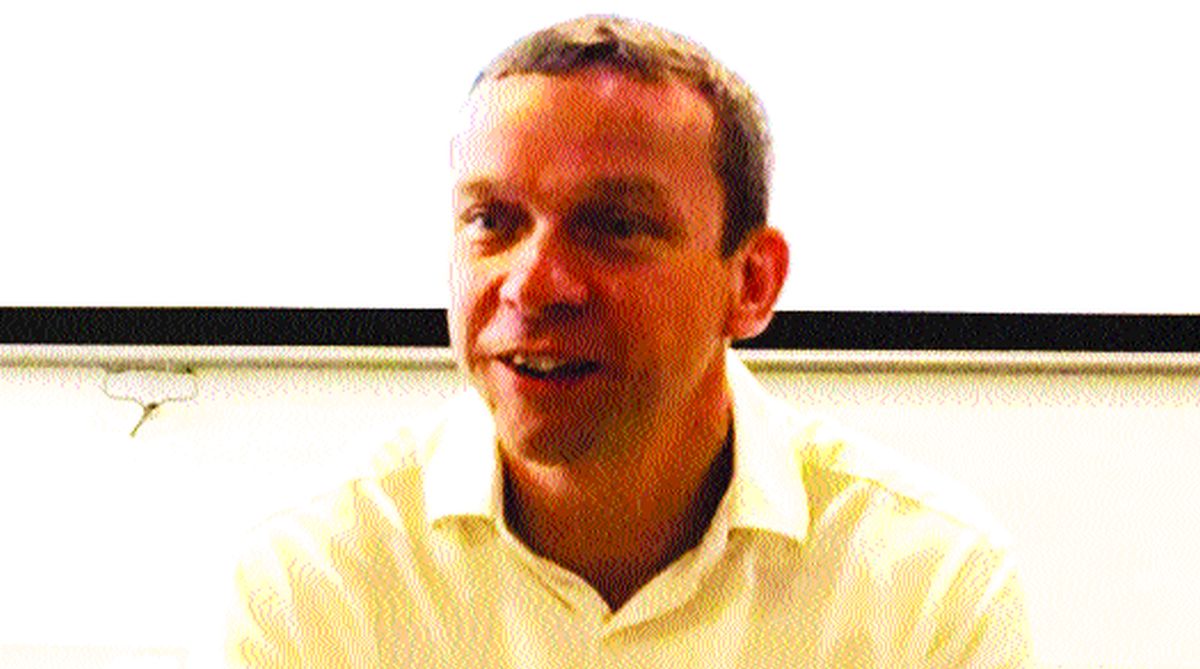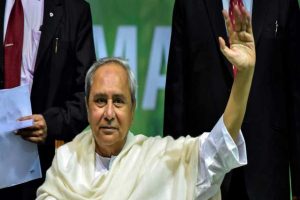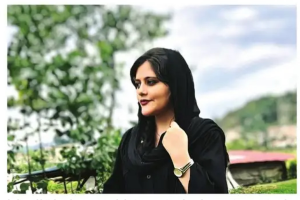Neil McLean is the director of the academic and professional development at the London School of Economics and Political Science, which is the university’s central division for educational and academic enhancement. He contributes to doctoral and post-doctoral developmental schemes for the European University Institute in Florence.
He has worked on enhancement and development projects with institutions in the Caribbean, Singapore, India, Sri Lanka and Russia, as well as with academics in the UK who design and remotely deliver course teaching and write the University of London exams. Excerpts from an email interaction:
Q. What are the skills that Indian students should be equipped with to meet global market demands?
I think it is hard to talk about a student from any nationality as a general group. To say that skills are either present or lacking across all the different groups is difficult.
Undergraduate students need to make a particular kind of transition that varies from place to place, but fundamentally it’s a transition from dependence to independence, from seeing oneself as a recipient to more of an actor taking responsibilities.
Graduate students are making a different kind of transition which brings theory and practice together, which again might be experienced differently at different places but the underlying transition is similar.
My experience of working with Indian students both in London and Delhi is that their skill deficits or competences are better understood at the individual level rather than collectively.
I think in the UK we are doing a lot more by involving students in research projects or case studies where they spend a week, immersed in a business situation that they have to resolve or they conduct research projects collaboratively either with students or with members of faculty.
A lot of our business students take part in working on projects with local businesses to resolve challenges that they have got. In the UK there is possibly more of that than is the case in institutions in India that I have seen.
Q. How can effective classroom teaching benefit Indian students?
Effective classroom teaching benefits all students and ironically, the measure of effective teaching is effective learning. So, either students are better at something afterwards or they are not. Improvement can be traced through the contribution of the teacher and the actions of the student.
There is no way that one person can generate greater perspective, wisdom, technical skills and analytical abilities in another person. What a good teacher can do is, create the circumstances in which that student can develop those skills themselves with helpful feedback, and a good framework within which to work. It needs to be delivered according to the context in which it takes place, but really teaching is about the management of how students develop disciplinary knowledge and skills.
Q. What are the benefits of teachers’ training for higher education and how can these processes be applied to the classroom?
Anyone involved in teaching is in a good place to understand learning. That is a principle that we have set and behaviours that we have talked a lot about in LSE. There are principles of the design of education that apply on a sort of disciplinary level and we are engaged in social science education.
There is focus on how you design educational experiences so that students get theoretical, practical and applied knowledge as well as awareness of theory and procedural knowledge that is applied to the technical understanding of discipline, business and commercial practice.
I also think the principles that we look at are around communication with students, how to encourage students to listen, and change certain ways in which they understand the tasks they complete.
Q. How can the standard curriculum of Indian institutions be improved to benefit students?
I think there are particular places where upgrading curricula involves new skills, the area of technology being an obvious example where one must learn the use of new software or devices.
Upgrading curricular is a combination of balancing the old and the new. The new comes from various developments in the field. But there are certain core elements of principal of theory and frameworks of understanding that have been proven over years and will probably still hold relevant for a long time.
I think one must balance in benefiting from this long standing knowledge and wisdom and the ability to use it in the changing circumstances of their lives and future.
Q. What innovative methods can be applied to imparting information to students in India?
The real emphasis of education in this century needs to be on developing the ability of students to be flexible, adaptable, and resourceful in order to use their knowledge in intelligent ways for different environments.
What we see now, is a faster pace of change than we have experienced as a species in the previous centuries. Education is increasingly less about command over a body of information and more about the development of the knowledge and skills of a particular area of human practice and behaviour that allows individuals to adapt, as the area of practice and behaviour changes and develops, or to take things from that one area and utilise them successfully.
There should be collaborative group research projects which teach people to not only work with others but also to define their own inquiry, terms, learn from others, conduct research, and generate new knowledge. LSE has a generate scheme where students develop entrepreneurial skills and then work with actual entrepreneurs in applying their ideas and communicating.
There are immersive case studies in our department management, which involve students to perform in conditions of uncertainty, developing judgement and resilience as they do so. I think these are the kind of experiential learning opportunities that need to be added to more traditional approaches.











